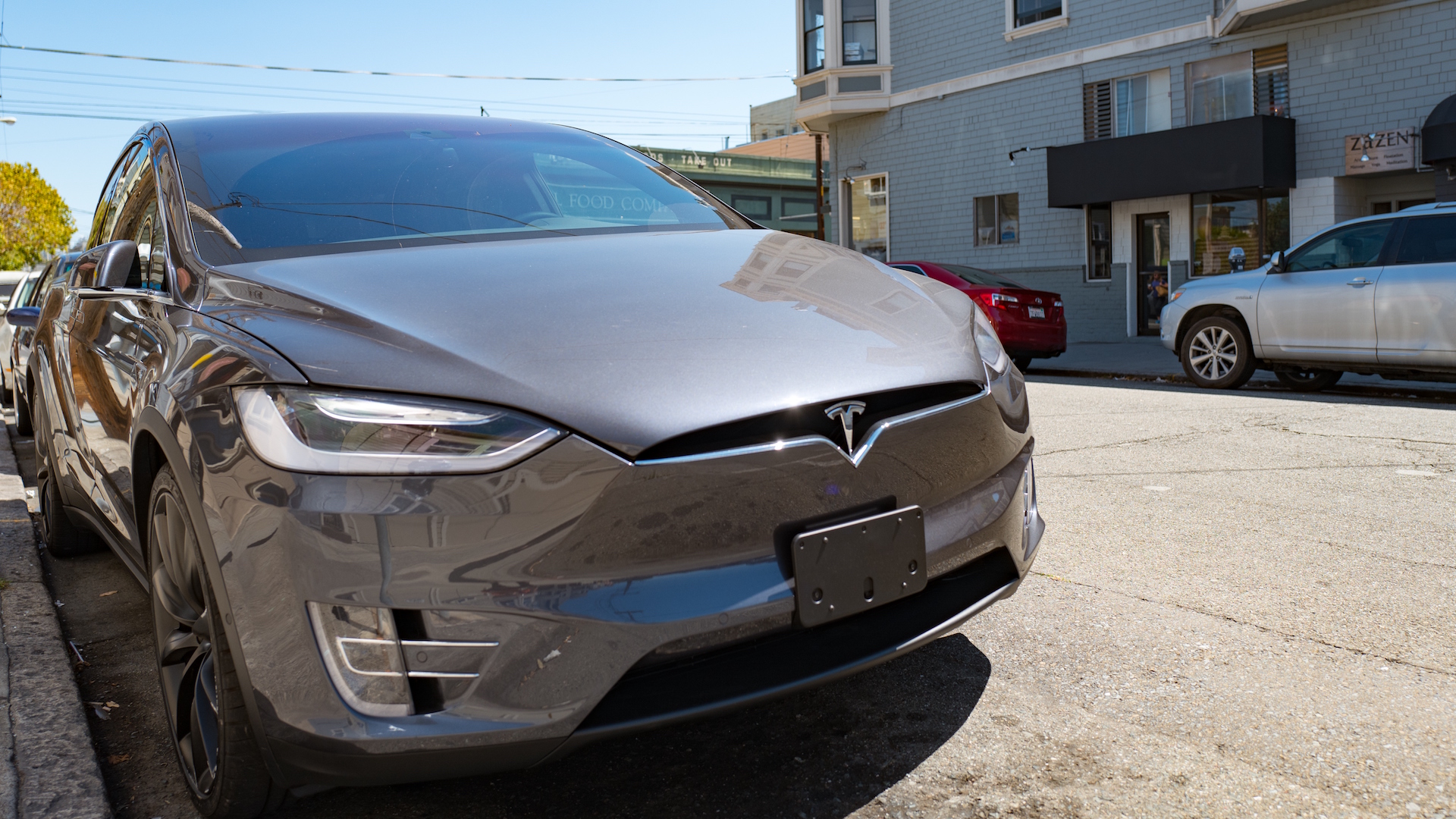

Since the launch of its Autopilot driver-assist system, Tesla has asked customers for permission to gather car data in order to help improve the system. As part of a recently-launched Autopilot software update, Tesla is expanding that data-collection effort to include video.
When Tesla launched the update, which brings cars built since October 2016 up to parity with older cars in terms of features, it sent a note to owners asking them to approve a new data-sharing policy. The note, obtained by Electrek, asked for permission to “collect short video clips from the car’s external cameras,” which Tesla said would help “make self-driving a reality for you as soon as possible.”
Tesla said the video clips would be used to “learn how to recognize things like lane lines, street signs, and traffic light positions.” The company said that any video it collects will not be linked to individual cars, and that “there is no way to search our system for clips that are associated with a specific car.” Tesla said it may also share some data with partners but, again, in a way that would prevent information from being linked to a specific car.
All Tesla electric cars built since October 2016 have a new sensor suite known as “Hardware 2.” It includes more equipment than the previous “Hardware 1” suite, encompassing eight cameras, 12 ultrasonic sensors, and a forward-facing radar system. Tesla CEO Elon Musk has said this setup could form the basis for fully-autonomous driving but, when Hardware 2 launched, Tesla lacked the software to enable certain Autopilot features available on the previous Hardware 1 cars…hence the recent update.
While video collection is new, Tesla has harvested data from its Autopilot users for some time. One goal of this has been to improve Autopilot through “fleet learning.” When a car successfully negotiates a given stretch of road, the relevant data is made available to all cars, ensuring the entire fleet can better handle those same conditions. This massive trove of data will probably also give Tesla an advantage in the race to build fully-autonomous production cars.
Self-driving cars need real-world data in order to make sense of their surroundings. Most other companies have relied on fleets of prototype autonomous cars to gather data, but now some are taking an approach similar to Tesla’s. BMW, Nissan, and Volkswagen are all teaming up with Mobileye to harvest data from the driver-assist sensors in customer cars, and a new startup called DeepMap hopes to make a business out of managing this type of data acquisition for self-driving cars.
Mobile previously supplied cameras and image-recognition systems for Tesla Autopilot, but the Israeli tech firm parted ways with Tesla last year. The Hardware 2 sensor suite was developed after Tesla and Mobileye cut ties.